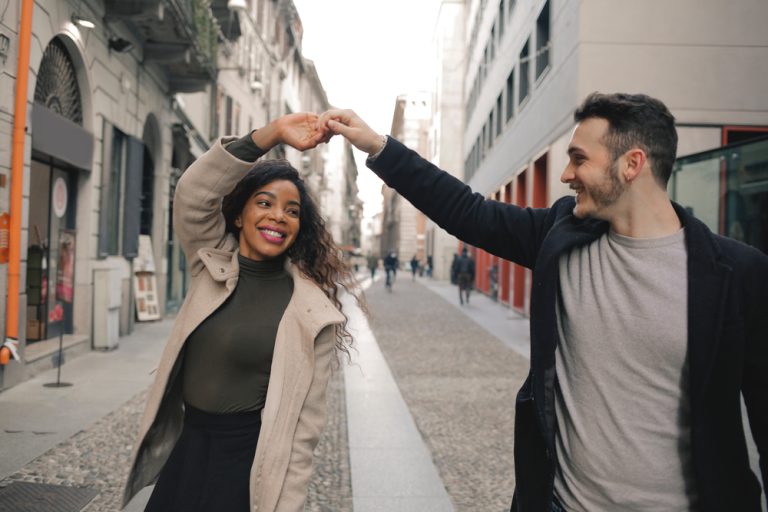Symptoms vary but include indigestion, stomach pain, nausea, upset stomach and more vomiting. Currently, there is no cure for gustatory rhinitis or snatiation. In many cases, a person can prevent this reflex by steering clear of certain foods or avoiding eating large meals. A person can prevent these symptoms by avoiding trigger foods.
If you’re starting a new medication, it’s always a good idea to talk with your healthcare provider or pharmacist about how your medication can interact with alcohol. Nonallergic rhinitis most often doesn’t cause an itchy nose, eyes or throat. Research suggests that if a person does not experience Recovery Gift Guide, Sober Gift Guide a hangover, they may be more likely to continue drinking. According to the researchers, 25-30% drinkers regularly claim that they do not experience hangovers. Read beverage labels to see whether they contain ingredients or additives you know cause a reaction, such as sulfites or certain grains.

Can I Drink Alcohol With Allergy Medications like Benadryl, Claritin, or Zyrtec?
Continue reading to learn more about wine allergies, the potential allergens in wine, and how to know if you’re allergic to them. Sometimes when a person eats foods they are especially sensitive or allergic to, they can sneeze. Other symptoms may include itchy eyes or a mild skin rash. Some believe that pain is related to expansion of the blood vessels within the lymph node triggered by exposure to alcohol in the bloodstream. In one case report, this type of pain was relieved with Advil (ibuprofen). The authors’ theory, then, was that a process involving prostaglandin might have been involved.

This didn’t happen when I first started drinking; it was about 5 years later the first time I noticed it. Occasionally, a doctor may ask a person to consume alcohol in a medical setting and observe any reactions or symptoms. A skin prick test should take place in a medical setting in case of a severe allergic reaction. If someone experiences a severe allergic reaction, they should go to the emergency room immediately. If they do not have an epinephrine injection to treat anaphylaxis right away, it could be fatal.
Food allergies
Too little sleep, poor eating habits and stress are all known contributors to histamine sensitivity and should be considered when trying to identify potential causes. Other medical conditions, such as asthma, can also trigger sneezing. Occasionally, sneezing is no big deal after a meal and is not a health concern.
- In many cases, a person can prevent this reflex by steering clear of certain foods or avoiding eating large meals.
- Plus, alcohol is absorbed quickly, but takes longer to get out of the system.
- Occasionally, sneezing is no big deal after a meal and is not a health concern.
- If you develop symptoms after drinking alcohol, make an appointment with your doctor.
People are advised to create a specially tailored diet that includes only low-histamine foods, but still provides the body with essential nutrients. It is also important to stay away from drugs, such as ibuprofen, that can trigger histamine release. Although the link between coffee consumption and sneezing appears to be quite clear, other factors cannot be discounted.
Possible Causes of Pain After Drinking Alcohol
A person experiences this reflex when their stomach is full and becomes stretched. The cause is unknown, but there may be a genetic component. Gustatory rhinitis is not related to allergies, so it is known as nonallergic rhinitis. It happens when the nasal nerves are hypersensitive to environmental triggers. The caffeine in the coffee releases the histamine from the body’s cells.
Pain along with drinking alcohol has been linked to Hodgkin lymphoma, a type of blood cancer that is highly curable. Most people live full lives if Hodgkin lymphoma is detected and treated early. The symptoms also may be related to carcinoid syndrome, or to a genetic https://trading-market.org/most-people-with-alcohol-and-drug-addiction/ mutation more often found in people of Asian ethnicity. If you experience pain or have unusual symptoms after drinking alcohol, make an appointment to talk to your healthcare provider. Food allergies are common, affecting around 8% of children in the United States.
Alcohol intolerance
Other ways to limit your negative symptoms would be to drink alcohol slowly, thus giving your body more time to break it down internally. If you have a wine allergy, you may experience symptoms such as a rash, nasal congestion, wheezing, or a tingling sensation around your mouth and throat. In some cases, reactions can be very severe, leading to anaphylaxis. Because wine allergies and a sulfite sensitivity can potentially be severe, you may want to consider carrying an epinephrine autoinjector (EpiPen).

If you’ve ever experienced swelling of the tongue or throat or trouble breathing after drinking beer, you should stop drinking beer until you’ve seen a doctor. Your symptoms can also be due to an interaction between beer or alcohol and any medication you’re taking. Be sure to tell your doctor if you’re taking any medications or supplements. The only solution for alcohol intolerance is to completely avoid alcohol.
Signs and symptoms of a wine allergy
Some types of sulfites might also trigger an asthmatic attack if you have asthma. Normally your body produces an enzyme called diamine oxidase (DAO) to break histamine down. If your body doesn’t produce enough active DAO, you may react to histamine in foods and beverages.
